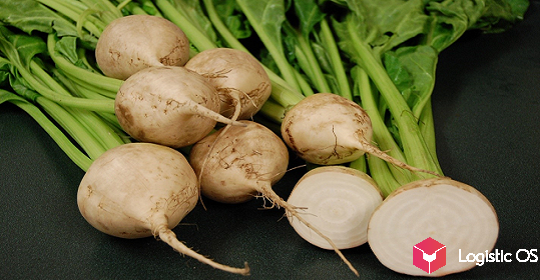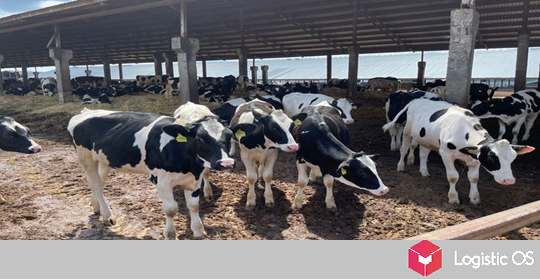It is planned that in the near future the total capacity for processing oilseeds in the Russian Federation can increase by approximately 6 million tons.
The annual volumes of oilseed processing in the Russian Federation can grow by another 6 million tons after the production capacity is increased accordingly.
This was reported by Dmitry Rylko, General Director of the Institute for Agricultural Market Studies (IKAR).
He noted that there is significant investment activity in the oilseed processing segment today. Investments in this area help to increase the volumes of oilseed processing and increase the interest of farmers in cultivating these crops.
However, at present there is a risk that due to the critically high rates of the Central Bank, investment activity may decrease, analysts emphasize.
Nevertheless, today we can confidently say that the total increase in processing capacity is quite large.
Most likely, it will require an adequate expansion of crop areas, which, by the way, is already happening. For example, about 18 million hectares were occupied with oilseeds this year.
One of the most important advantages of such crops, which significantly increases their popularity in the eyes of farmers, is their high marginality.
Growing oilseeds helps to get more money from each hectare than when cultivating grains, which guarantees that farmers’ interest in such crops will not fade away in the near future.
In general, the sunflower harvest in the current season amounted to 16 million tons, although last year it was about 17.5 million. The soybean and flax yields have hardly changed — 7 million tons and 1.2 million tons.
The rapeseed harvest has increased: from 4 million tons to 5 million tons.
Experts note that, taking into account the sown areas, Russia could count on updating the record for the volume of oilseed harvest this year.
However, this was hampered by weather conditions: for example, there was a drought in the southern regions, as well as in the central ones, and in the East and Western Siberia there was too much precipitation.
Therefore, it was not possible to update the record this year, but farmers do not give up hope that this can happen next year.
Currently, prices for oilseeds, as well as for their processed products, are falling noticeably.
On the one hand, this is clearly negative for oilseed producers, on the other hand, it is positive for Russian livestock breeders, who are able to purchase, in particular, soybean meal at reduced prices.
This situation may last until oilseed prices on the world market go up again.

